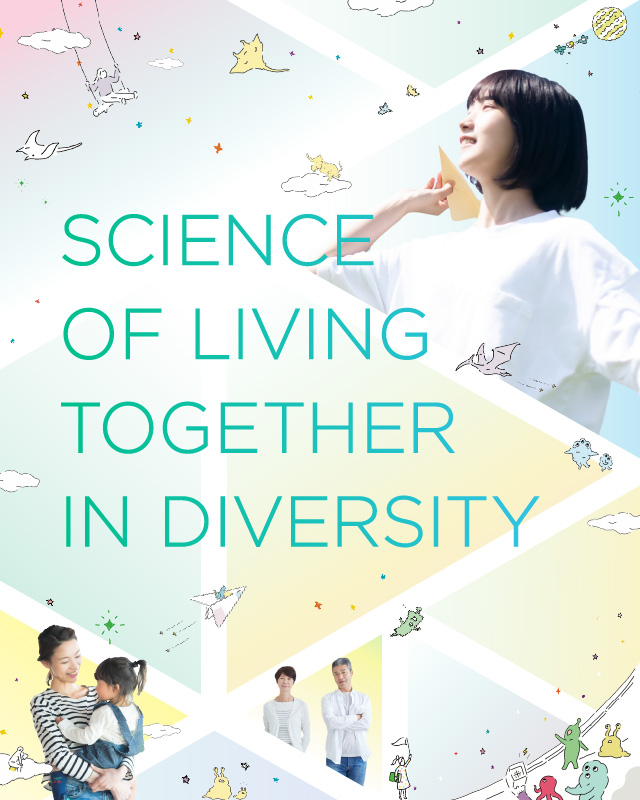ABOUT SEISA
When our school first opened in 2004, our primary aim was to educate our students so that they will understand and apply the knowledge of “kyosei”, the symbiotic relationship between themselves and the world around them, through their everyday lives. We did so with the hope that they will be able to tackle the rapid and complex changes that we must face in the 21st century such as globalization, decreasing birthrate and the increasing aging population, and advancing technologies.
The sole department that we have at our school is the Faculty of Life Network Science. We encourage our students to acquire the knowledge to traverse between areas such as education, welfare, environment, international affairs, and sports & physical expression. The majors that we provide at our school are life network science, primary education, welfare, sports & physical expression, and "glocal"(global & local) communication.
As a member of Seisa community, we follow by the three guiding principles;
“Understand each other”, “Leave nobody out”, “Make friends”
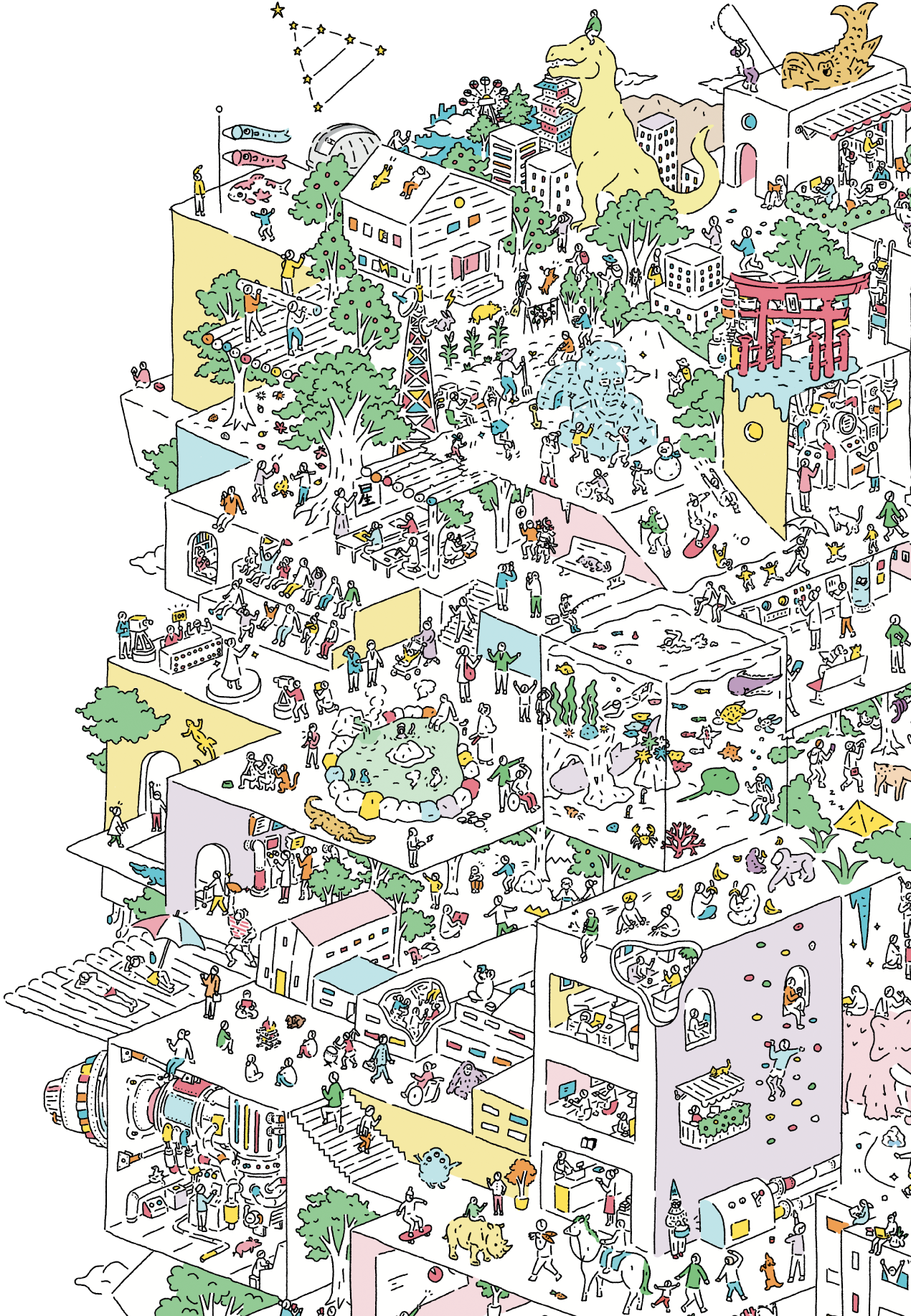
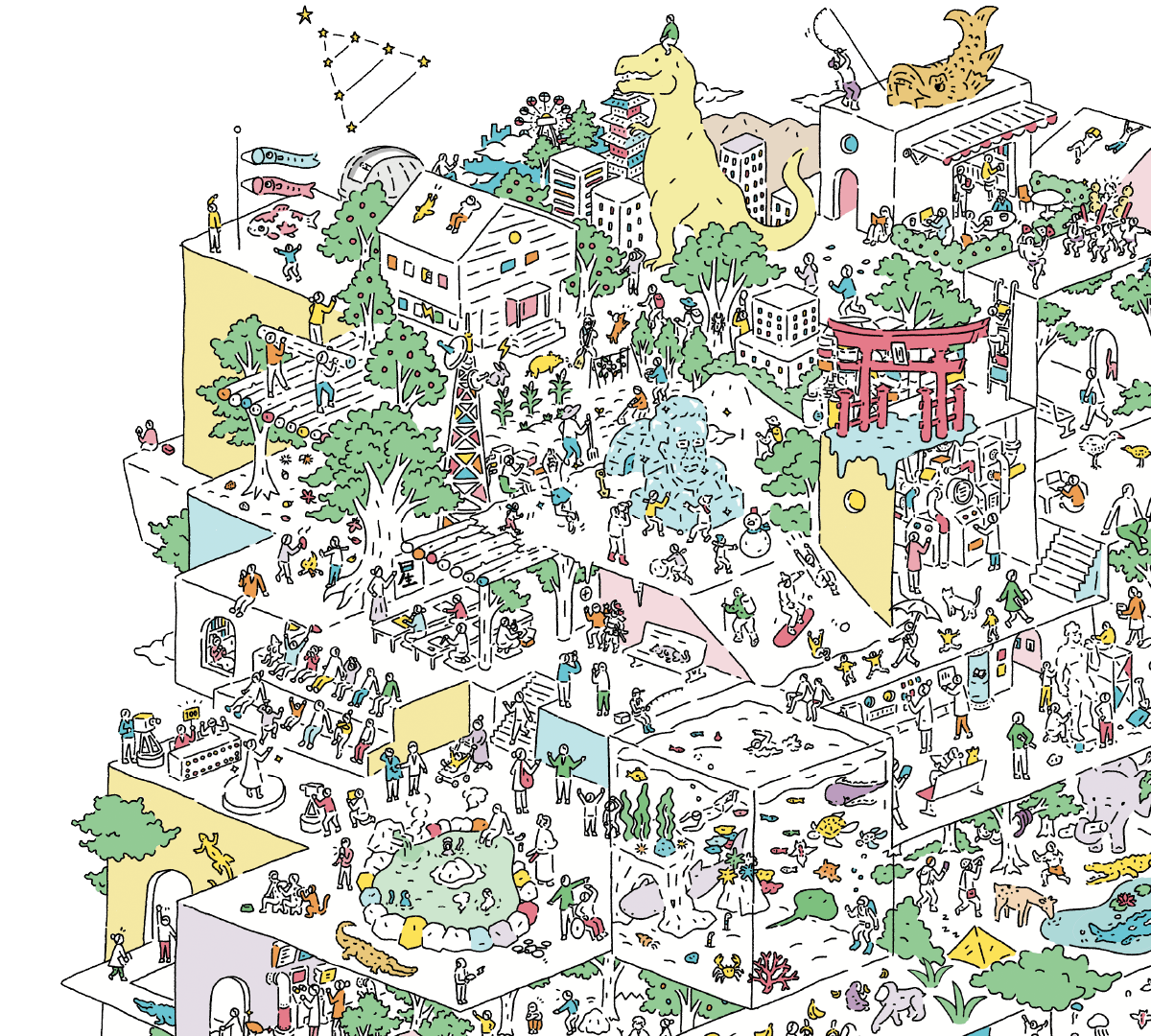
OUR DIVERSITY

-
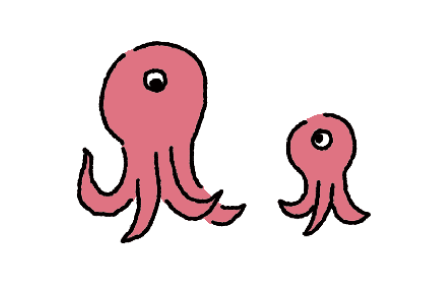
Learning with your peers
-
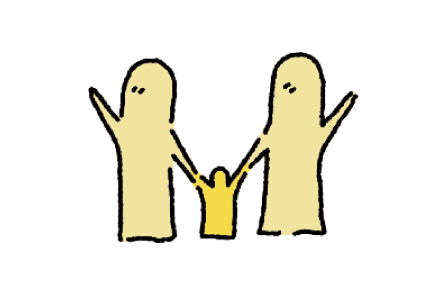
Learning while raising children
-

Graduate at own pace
-
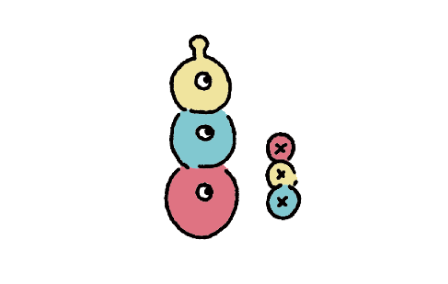
Try to be a PE teacher
-

Try to acquire qualification
-
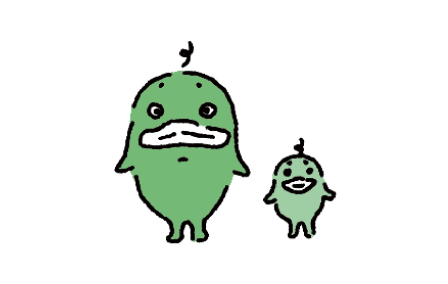
Want to work with passion of loving children
-
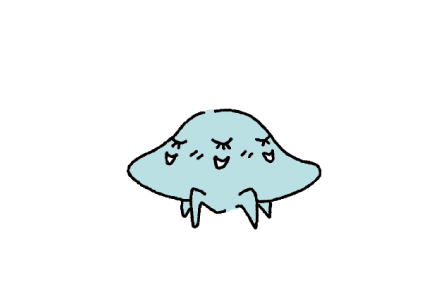
Deeply understanding to at welfare job
-
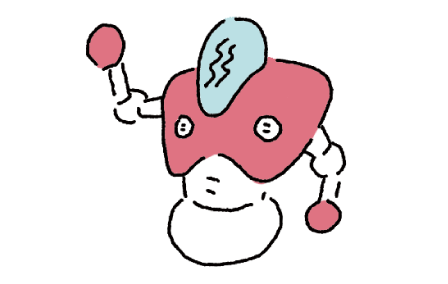
Train the next Generation of Athletes
-
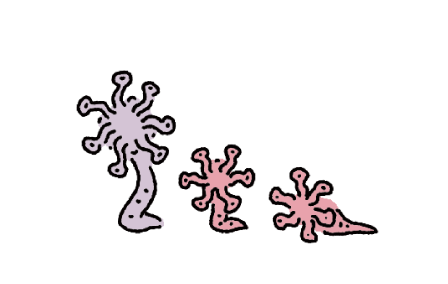
Learning with Three Generations
-
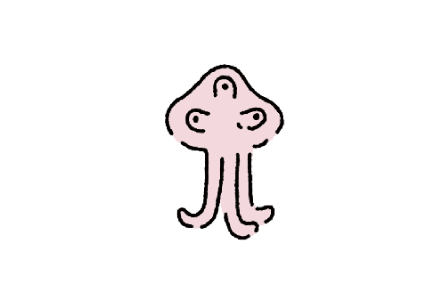
Learn from abroad (different planet)
-
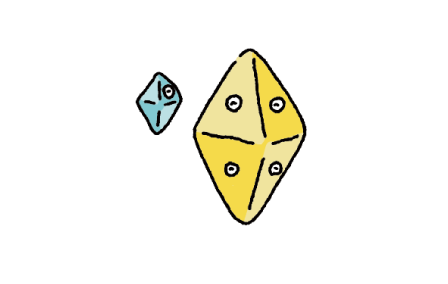
Entered after dropping out of university
-

Want to see whole planet
-
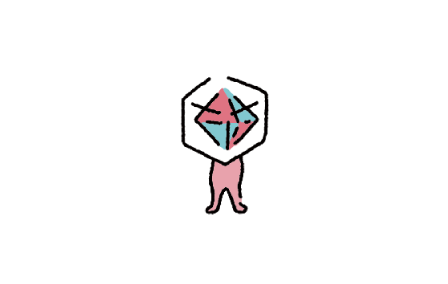
Study with university students from young age
-
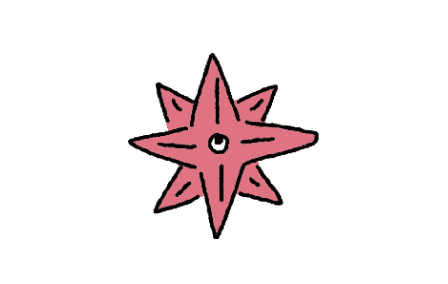
Attend to two schools at the same time
-
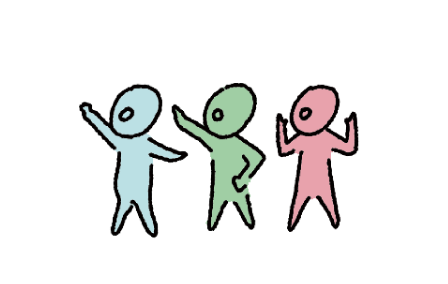
Fly out into space
-
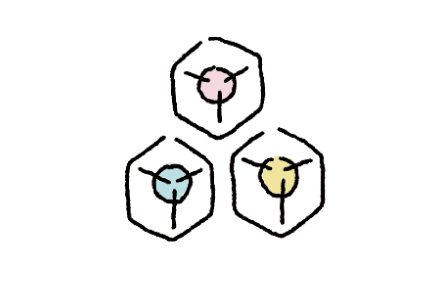
Lifelong learning
-

Environmental Preservation
-
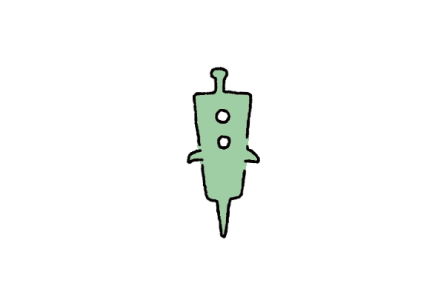
Exposing Fake News
-
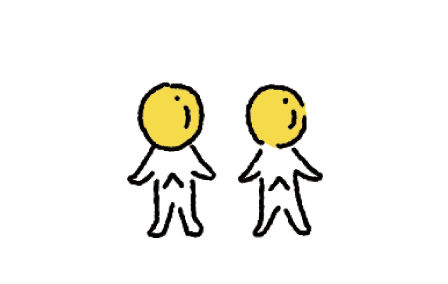
Sympathetic understanding
-
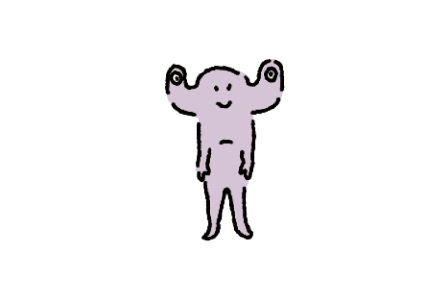
Want to be a master of special needs education
-
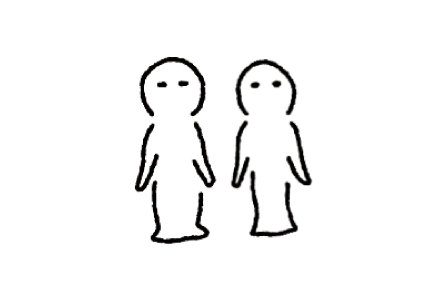
Learning about one subject every year
-

Learning from 70 years old
-
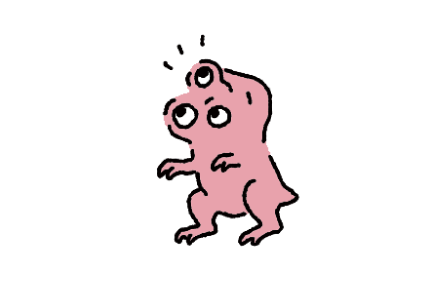
Thinking about SDGs
-

Radio Personality
-
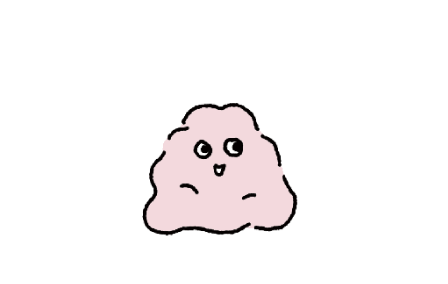
Being athlete and student
-

Working hard in this space
-
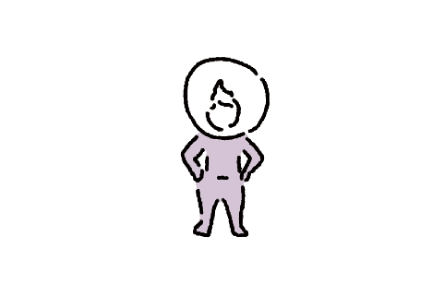
Latest type of speices
-
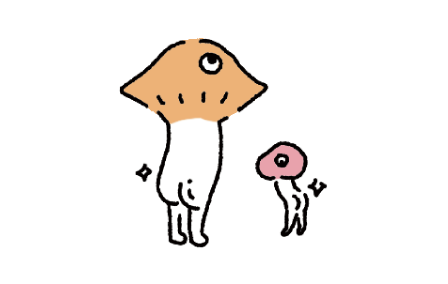
New era's species
-
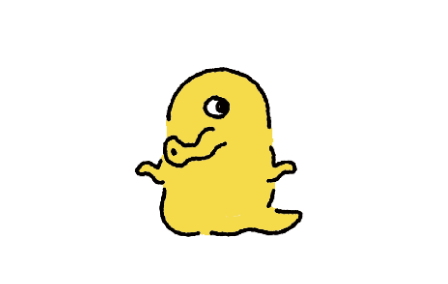
Learn while working as a home manager
-
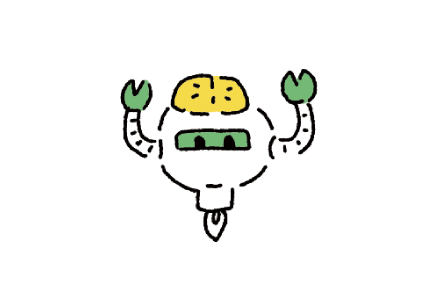
Teachers who want to learn more
-
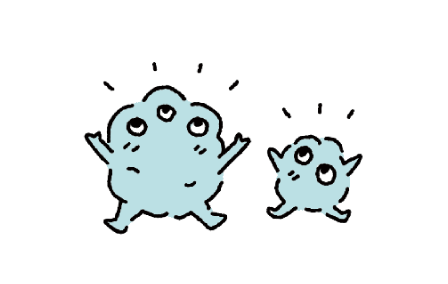
Want to know about culture and history
-
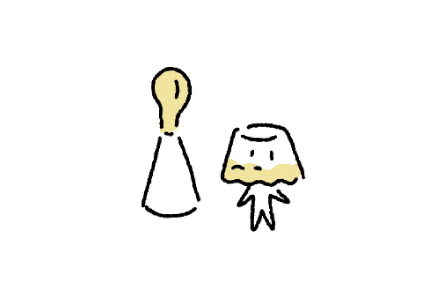
Psychological Quest
-
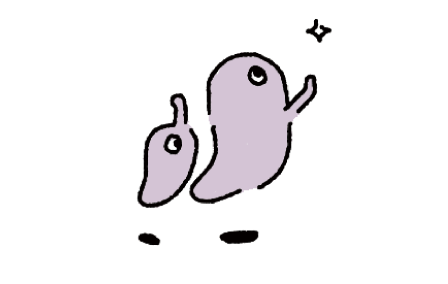
Learn and practice immediately
-
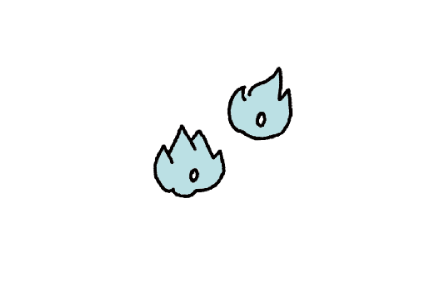
Inclusively think everything
-
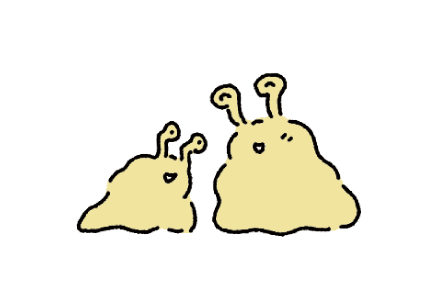
Creating a society where we can live together
-

Care about LGBT
-
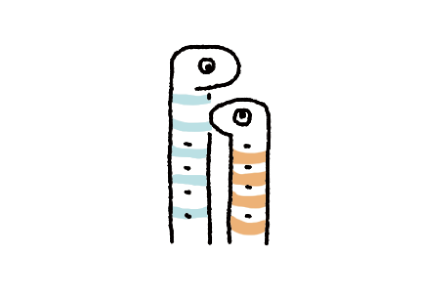
Want to help others
-

Senior who have been learning for more than 10 years
-

Senior who changed my life after finished learning
-
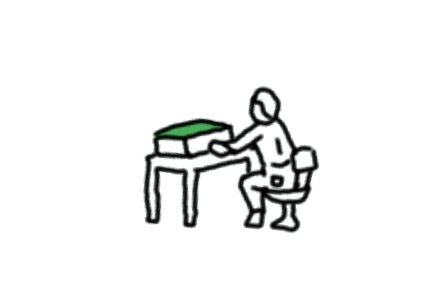
Senior who want to learn more after acquire qualification
-
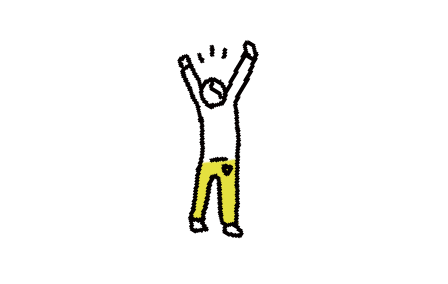
Senior who just can't stop to learn
-

Senior who success at second career
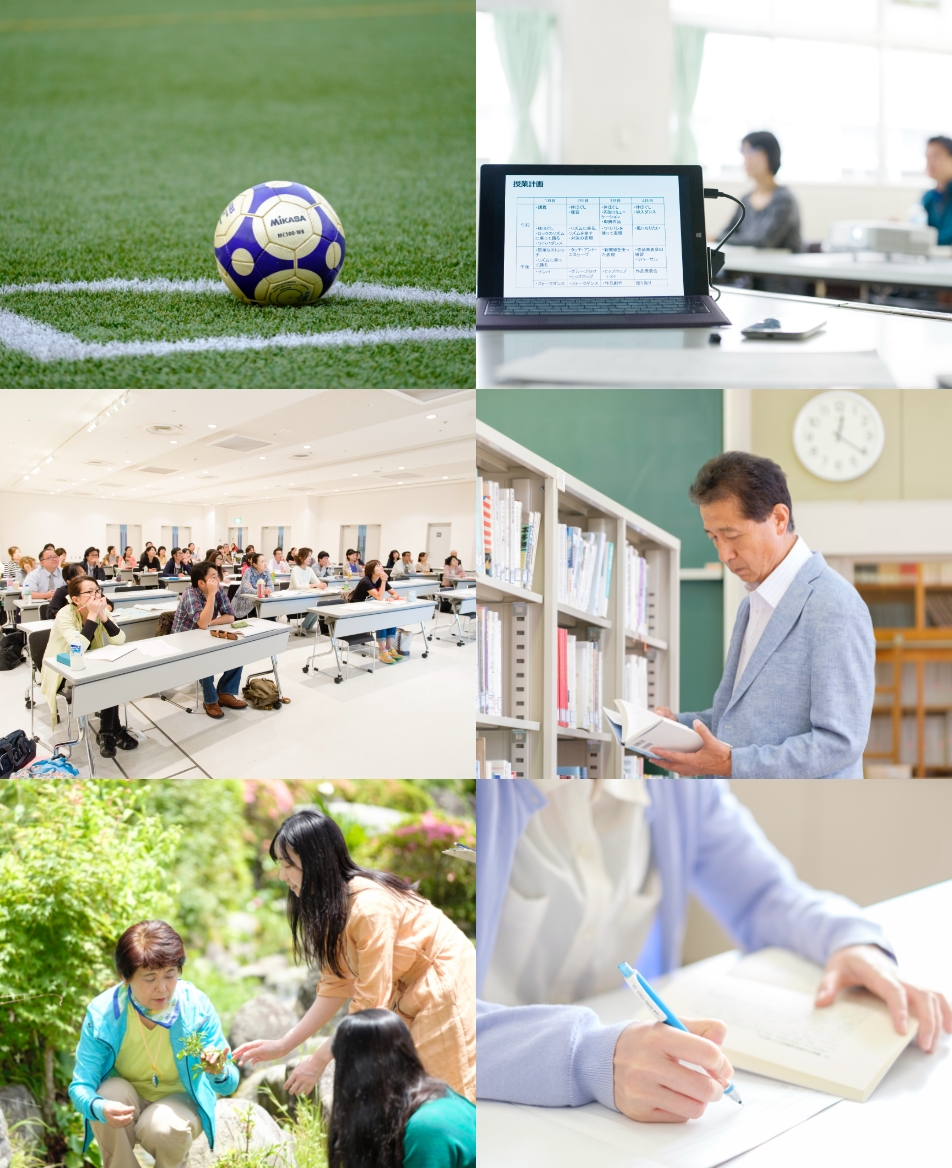
ACADEMIC
As our school is a distance learning university, we teach through correspondence courses. Our classes consist of using textbooks and students are taught through schooling.

Our school runs on correspondence courses and we do not have a set number of years of enrollment. Under the principle of inclusion.
RESEARCH
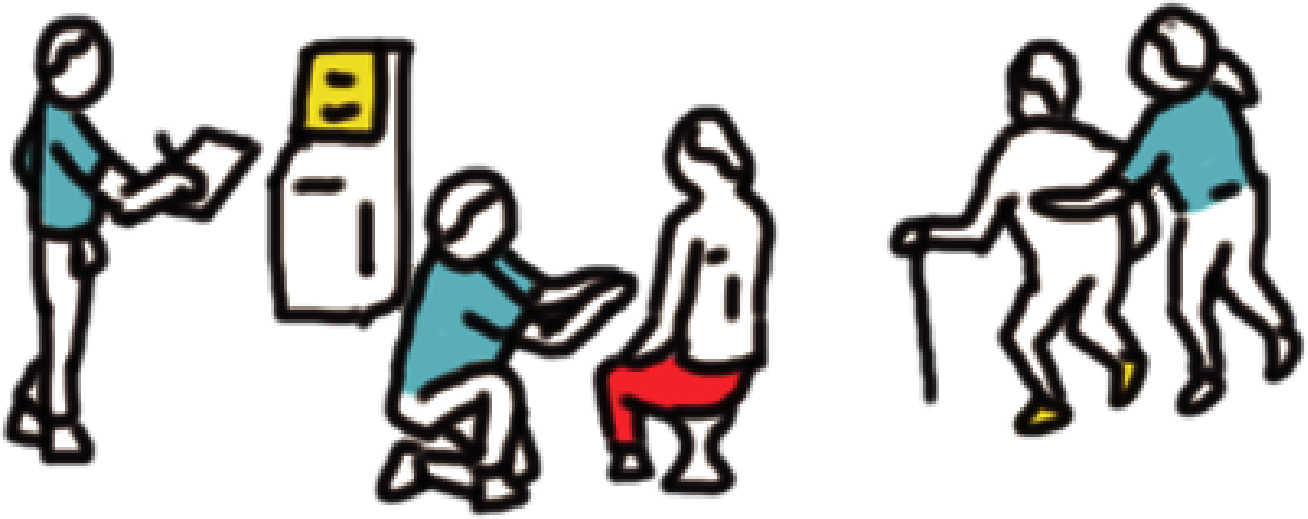
We have a research center, an international affairs center, accessibility & career support center, and a support center for the teaching profession.
The research center encourages our faculty members to engage in collaborative research both within and outside of the school and also provides them with a grant. The results of the research done at Seisa’s research center have been compiled and published, and can be downloaded for free through our Institutional repository.

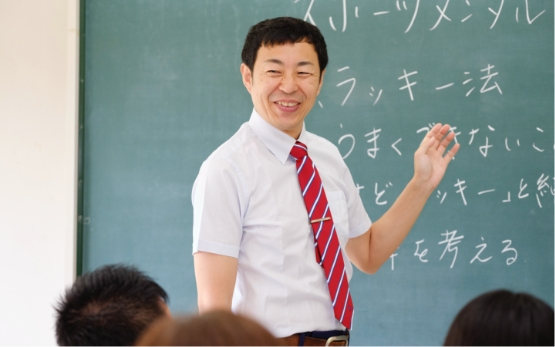
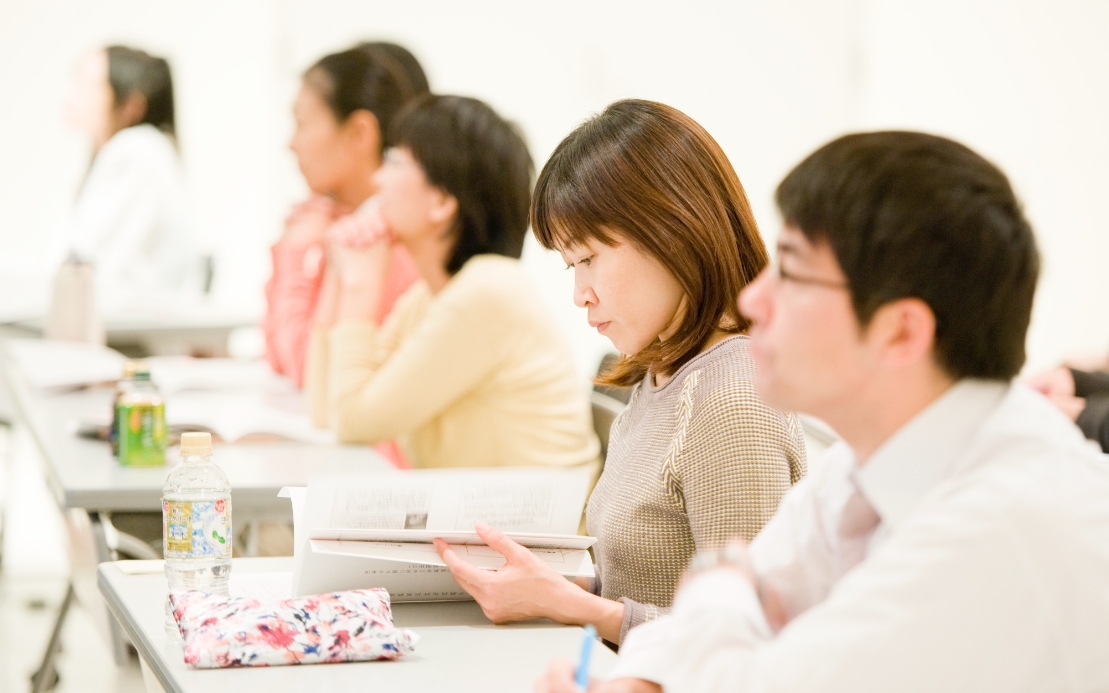
INTERNATIONAL EXCHANGE
We have established a Memorandum of Understanding (MoU) with Bhutan’s Royal Thimphu College and starting from 2012, we have been carrying out a short term exchange program. In our exchange program, which ranges from a term of one to two weeks, we have the students visit schools and homes of the respective countries in hopes of deepening ties between our two nations.
To get our students to consider future plans for the sustainability of the environment, we have been providing field studies in the Borneo Island of Malaysia since 2009 and in Mongolia since 2011. We hope to continue these programs so that our students can obtain a wider perspective in the areas of human security, global environment, and culture. Our goal is to nurture them so that they will attain the ability to consider the symbiotic relationship between the people and the natural environment.
UNAI(UNITED NATIONS ACADEMIC IMPACT)
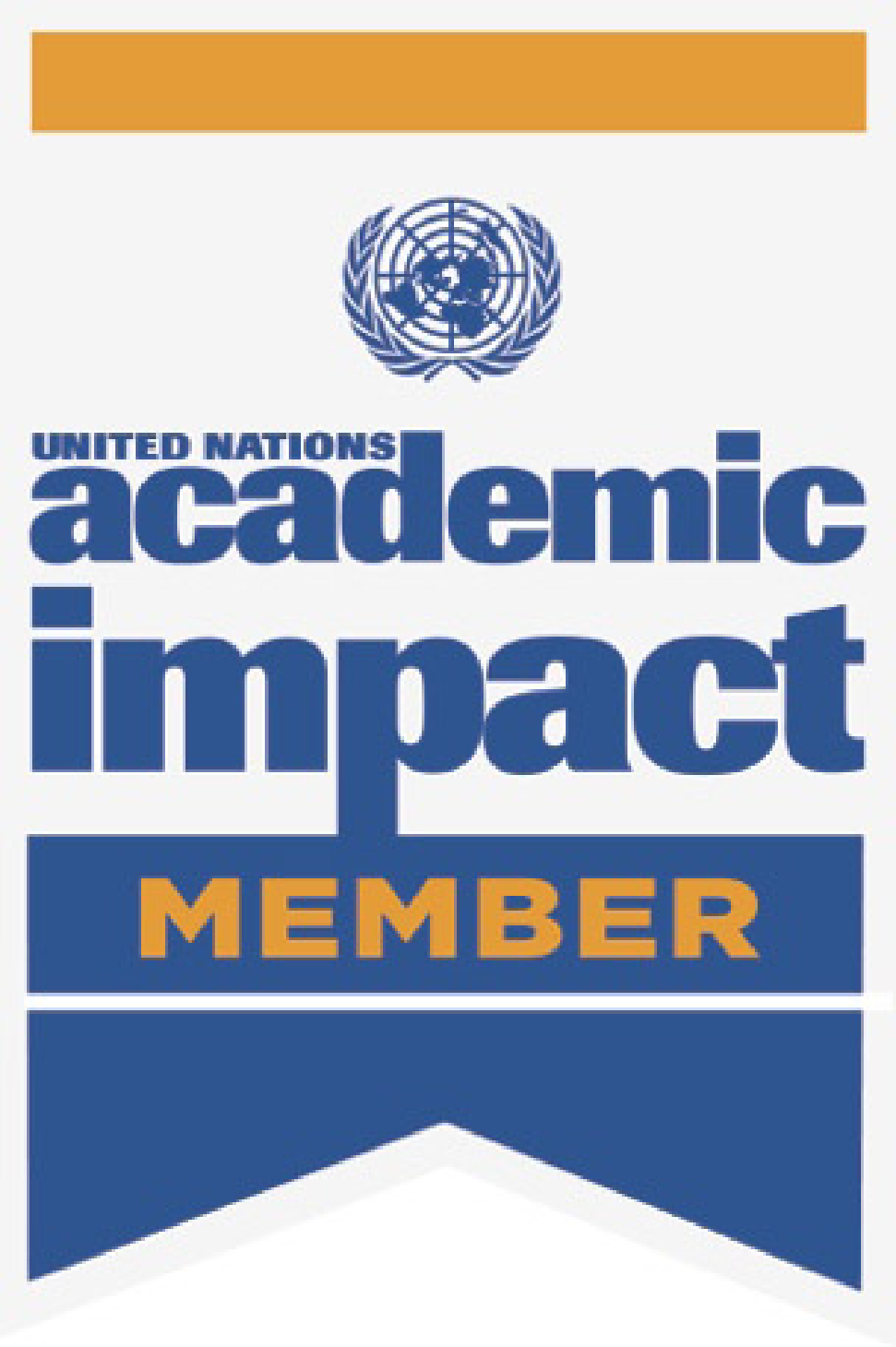
The United Nations Academic Impact (UNAI) is an initiative that aligns institutions of higher education with the United Nations in supporting and contributing to the realization of United Nations goals and mandates, including the promotion and protection of human rights, access to education, sustainability and conflict resolution.
https://academicimpact.un.org/
Seisa University was added as a partner institution of the UNAI on August 21st, 2015.
UNAI is guided by ten universal principles; for continued membership, UNAI members are expected to carry out at least one activity in support of these principles.
- A commitment to the principles inherent in the United Nations Charter as values that education seeks to promote and help fulfil;
- A commitment to human rights, among them freedom of inquiry, opinion, and speech;
- A commitment to educational opportunity for all people regardless of gender, race, religion or ethnicity;
- A commitment to the opportunity for every interested individual to acquire the skills and knowledge necessary for the pursuit of higher education;
- A commitment to building capacity in higher education systems across the world;
- A commitment to encouraging global citizenship through education;
- A commitment to advancing peace and conflict resolution through education;
- A commitment to addressing issues of poverty through education;
- A commitment to promoting sustainability through education;
- A commitment to promoting inter-cultural dialogue and understanding, and the “unlearning” of intolerance, through education.
As stated in Principle 4, we provide all students with opportunities to acquire skills and knowledge that is required for higher education. We would like to continue carrying out the programs that we have to increase their awareness as global citizens, as stated in Principle 6, and promote sustainability, as stated in Principle 9.
Our school looks down upon the discrimination against other people based on their ethnicity, gender, language, and religion, and maintain our stance of providing education for all. This meets the standard for Principle 1 of the U.N. Constitutions.

